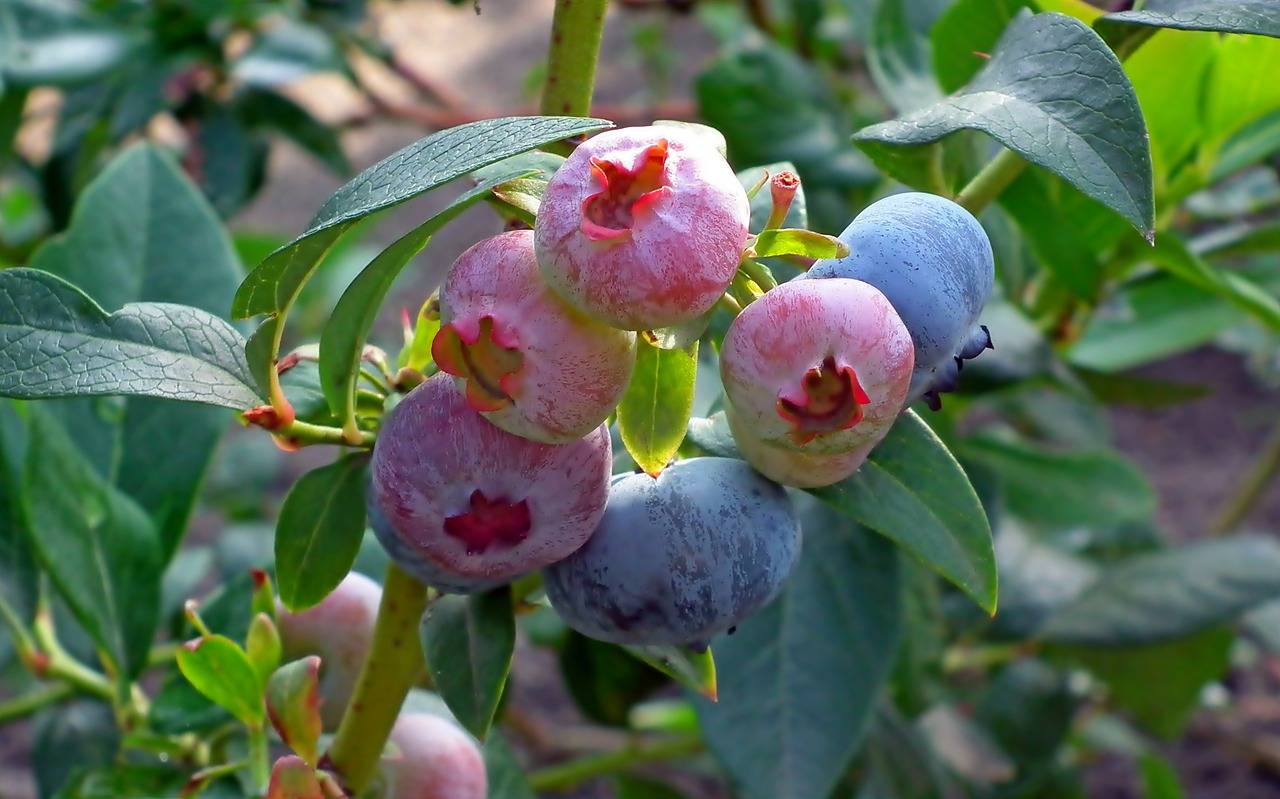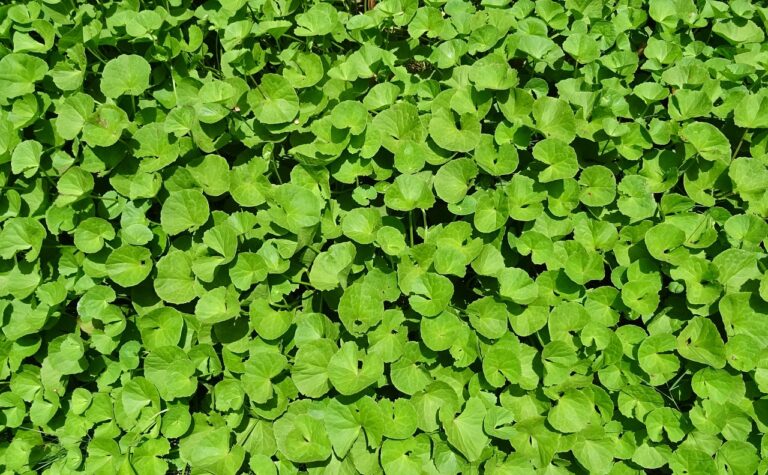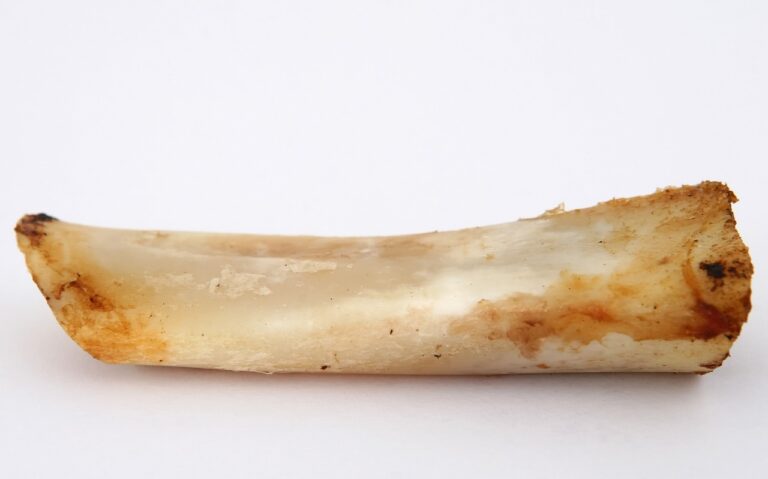The Role of Traditional Indigenous Healing Practices in Addiction Treatment
Indigenous healing practices encompass a holistic approach that considers the interconnectedness of the mind, body, and spirit. These ancient traditions focus on restoring balance and harmony within an individual, community, and the natural world. They emphasize the importance of relationships, community connection, and spiritual well-being in promoting overall health and well-being.
Through practices such as smudging, sweat lodges, herbal medicine, and traditional ceremonies, Indigenous healers address not only the physical symptoms but also the emotional, mental, and spiritual aspects of illness. These practices aim to not only treat the symptoms but also address the root causes of disease and promote healing on a deeper level. By incorporating cultural teachings and spiritual beliefs, Indigenous healing practices offer a unique approach to health and wellness that honors the interconnectedness of all beings.
Understanding Addiction from an Indigenous Perspective
Indigenous cultures view addiction not solely as an individual struggle, but as a result of a disrupted connection to oneself, community, and land. Healing is approached holistically, focusing on restoring harmony within the individual and their relationships. This involves acknowledging the interconnectedness of all beings and addressing the root causes of addiction through cultural practices, ceremonies, and teachings that honor balance and interconnectedness.
Spirituality plays a central role in indigenous approaches to addiction, providing guidance, strength, and a sense of purpose on the healing journey. Ceremonies, storytelling, and connecting with ancestral traditions are utilized to cultivate a deeper understanding of one’s identity and place in the world. By embracing these practices, individuals are supported in their healing process and empowered to reclaim their cultural heritage as a source of resilience and strength.
What traditional Indigenous healing practices are commonly used to address addiction?
Traditional Indigenous healing practices may include ceremonies, sweat lodges, smudging, talking circles, traditional medicines, and connection to nature.
How does an Indigenous perspective differ from mainstream perspectives on addiction?
An Indigenous perspective views addiction as a symptom of deeper emotional, spiritual, and cultural wounds, rather than simply a physical or mental health issue.
How does understanding addiction from an Indigenous perspective benefit individuals struggling with addiction?
Understanding addiction from an Indigenous perspective can help individuals address the root causes of their addiction, heal intergenerational trauma, and reconnect with their cultural identity.
Are traditional Indigenous healing practices effective in treating addiction?
Traditional Indigenous healing practices have been shown to be effective in treating addiction for many individuals, as they address the holistic well-being of the individual, including their mind, body, and spirit.
How can non-Indigenous individuals support the use of Indigenous healing practices for addiction treatment?
Non-Indigenous individuals can support the use of Indigenous healing practices by respecting Indigenous knowledge and traditions, advocating for culturally sensitive addiction treatment programs, and promoting Indigenous-led healing initiatives.





